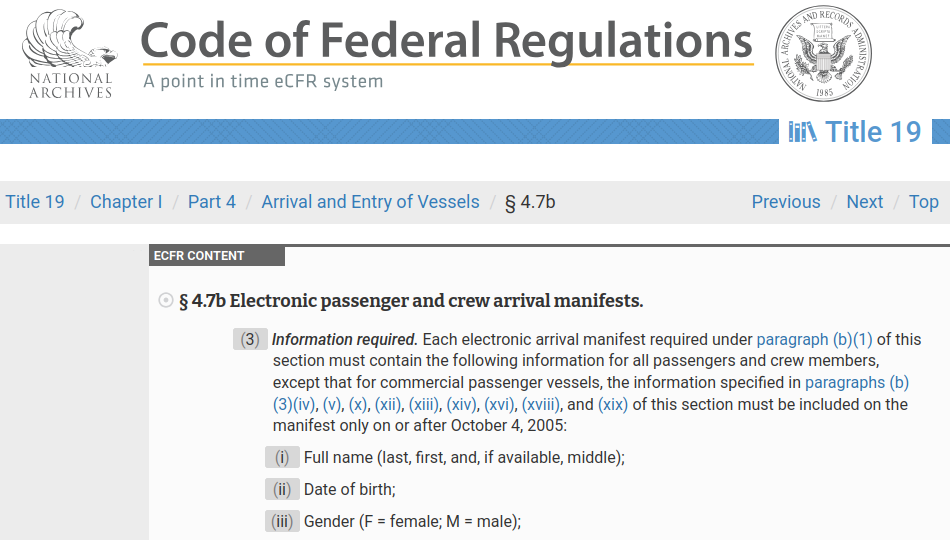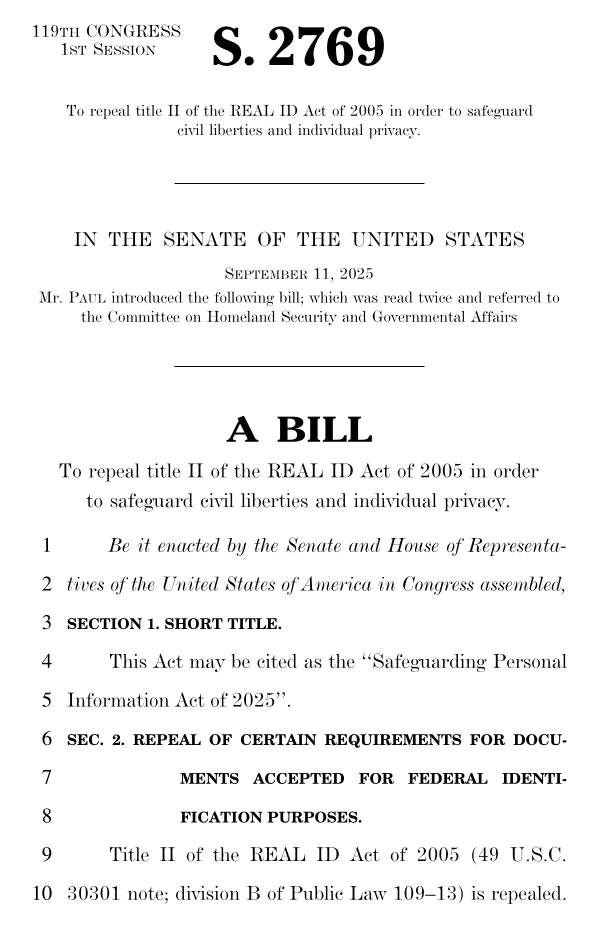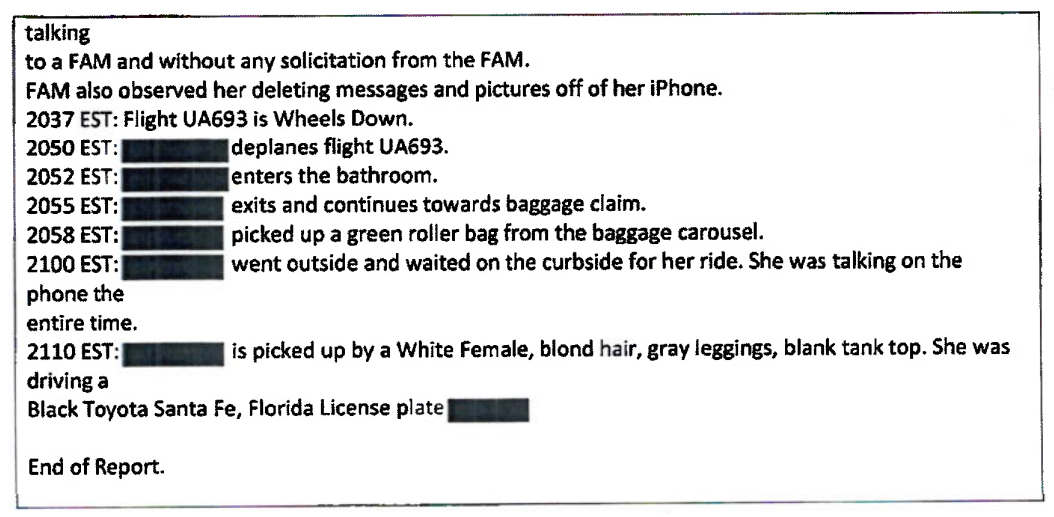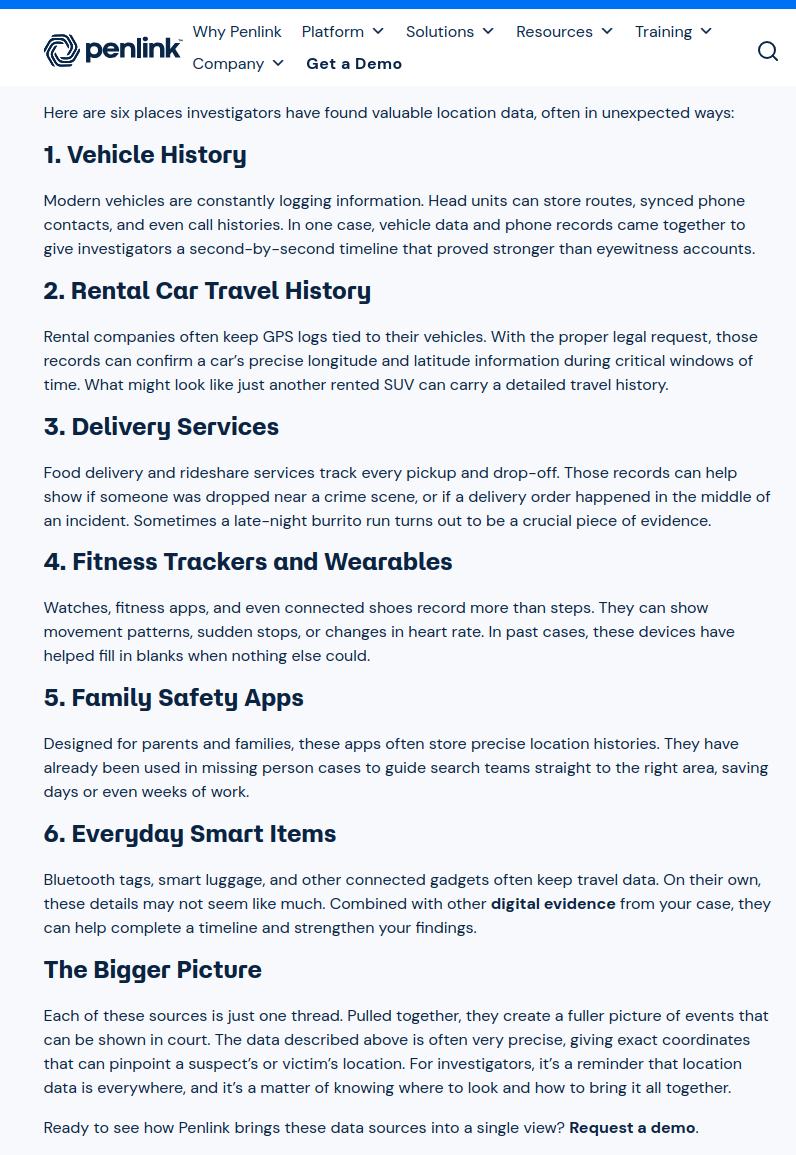USCIS still wants to stalk US residents and visitors on social media
Doubling down on its attack on anonymity and disregarding comments from the Identity Project and more than a thousand other organizations and individuals, US Citizenship and Immigration Services (USCIS) has renewed its request for blanket authorization to require applicants for US visas, visa-free entry, residency, or citizenship to disclose every social media platform and identifier they have used in the last five years.
Today the Identity Project and Restore The Fourth (RT4) filed comments opposing this USCIS proposal for dragnet social media surveillance of foreign visitors and residents and the US citizens with whom they communicate and associate on social media.
USCIS made no significant changes in response to the first round of public comments and ignored most of the issues we and others raised, including the ways that social media surveillance would impact First Amendment rights of assembly and association.
In addition to reiterating the unanswered concerns raised in our initial comments, our latest comments also respond to the false claims made by USCIS:
In its analysis of the first round of comments, USCIS claimed that “the information that DHS may access via social media is publicly accessible and DHS may not access information that is designated as private.”
This claim is entirely unsupported, and clearly false.
The association between an individual and a particular anonymous or pseudonymous social media account or posting is, by definition, not public information. In requiring individuals to disclose with which social media accounts they are associated, including anonymous or pseudonymous accounts, USCIS is demanding disclosure of non-public information.
Of course, if all of the requested information including which individuals are associated with which anonymous or pseudonymous social media accounts and postings were public, USCIS would have no need to request it from individuals or require them to provide it. USCIS is requiring individuals to list all social media accounts with which they are associated, including anonymous and pseudonymous accounts, precisely because this information is deliberately private – in some cases intensely private – and because USCIS cannot obtain this information without forcing individuals to disclose this private information and make it public.
The purpose – the only purpose – of requiring individuals to disclose anonymous and pseudonymous social media accounts is to enable USCIS to access private information.
By falsely claiming that all of this information is public, USCIS entirely avoids responding to any of the comments regarding the compelled disclosure of private information.
The deadline to comment on this proposal is midnight tonight, Eastern time.




